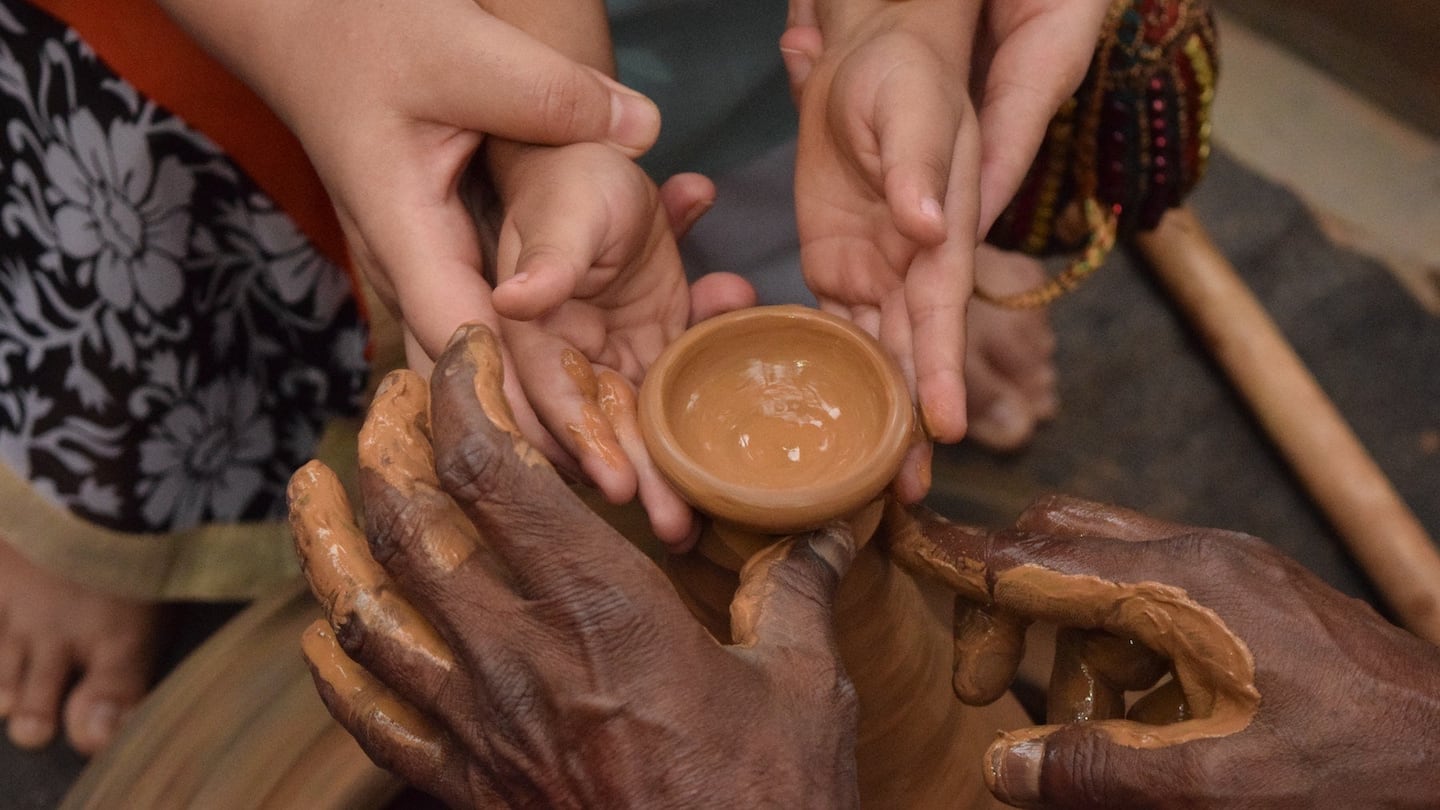
In the vibrant tapestry of China's consumer landscape, a new thread of wellness and mindfulness is being woven, subtly yet powerfully shifting the focus from traditional luxury to emotional well-being. The digital age has ushered in platforms that prioritize mental health, ushering a generation of young Chinese consumers toward a more introspective form of luxury—one that values premium wellness products and spiritual tourism over opulent status symbols.

The Digital Meditation Boom
At the forefront of this evolution are digital meditation platforms, which have become pivotal in reshaping consumer priorities in China. These platforms provide accessible and affordable mental health resources, allowing users to engage in meditation practices that were once confined to physical spaces such as temples or wellness retreats.
The impact is palpable. According to a report by Jing Daily, the surge in digital meditation and wellness has led to a shift in spending habits, with young consumers increasingly allocating their resources towards experiences that enhance their psychological and emotional health. This trend aligns with global movements where wellness is increasingly being equated with modern luxury.
Premium Wellness Products: The New Status Symbols
Premium wellness products have made a significant entrance into the Chinese market, catering to a burgeoning demographic that values personal health and well-being as a form of luxury. Brands are innovating to meet this demand, offering products that promise not just aesthetic beauty but also emotional and spiritual rejuvenation.
These products often come with advanced formulations and are marketed with a focus on their holistic benefits. The emphasis on natural ingredients and sustainable practices resonates with a younger audience keen on aligning their consumption with their ethical values. As noted by Jing Daily, this trend reflects a broader cultural shift where consumers are moving away from conspicuous consumption towards more meaningful, introspective experiences.
Spiritual Tourism: A Journey Inward
The tourism industry in China is also witnessing a transformative phase, with spiritual tourism gaining traction among young travelers. This form of tourism prioritizes visits to spiritual and wellness retreats, where individuals can engage in practices such as yoga, meditation, and mindfulness workshops. These experiences offer a reprieve from the fast-paced urban life and provide an opportunity for individuals to connect with their inner selves.
This trend is not only reshaping the travel industry but also influencing how destinations market themselves. Locations that were once considered remote or off-the-beaten-path are now being highlighted for their spiritual significance and natural beauty, attracting a new wave of tourists seeking peace and self-discovery.
The Global Context: Wellness as Luxury
Globally, the rise of wellness as a luxury commodity reflects a changing paradigm where consumers seek experiences that offer both personal fulfillment and social status. According to a 2025 report by Jing Daily, the intertwining of wellness and luxury is a trend that has been embraced by major fashion and lifestyle brands, which are increasingly integrating wellness into their core offerings.
This shift is evident in the way brands are adapting their strategies to cater to a health-conscious consumer base. From launching wellness-focused product lines to sponsoring wellness events, companies are keen on positioning themselves as champions of holistic living.
Expert Insights: Redefining Luxury
Fashion and lifestyle experts suggest that this shift towards wellness is a natural progression in a world where consumers are more informed and conscious about their choices. "The modern consumer is not just looking for products; they are seeking experiences that enrich their lives," says Nicola Formichetti, fashion director-at-large. "Wellness is becoming a key aspect of luxury, as it represents an investment in oneself."
This perspective is echoed by brands like E.l.f. Cosmetics, which has ventured into wellness-oriented partnerships, such as its collaboration with the National Women’s Soccer League. This move signifies a broader commitment to empowering women through health and wellness initiatives, aligning with the contemporary ethos of beauty and self-care.

Conclusion: The Future of Wellness in China
As China continues to evolve as a global economic powerhouse, its consumer landscape reflects dynamic shifts that prioritize well-being over traditional luxury. The rise of digital platforms and premium wellness products signifies a broader cultural transformation where mental and emotional health are taking precedence.
For brands looking to capture the hearts and minds of Chinese consumers, understanding this shift is crucial. The future of luxury in China is one where wellness and mindfulness are not just trends but fundamental aspects of a holistic lifestyle. As this trend continues to grow, it holds the promise of redefining how luxury is perceived and experienced, not just in China but around the world.
In the words of a young Chinese consumer, "Wellness is the new luxury. It’s about feeling good, inside and out, and that’s the ultimate status symbol."